BOONE, N.C. — Appalachian State University's undergraduate and graduate degree programs support the development of effective leaders who are at the top of their fields. From accounting, creative writing, public relations and sustainable development, to environmental biology, music performance, nursing, teaching and appropriate technology and more, Appalachian prepares its graduates to be critical, creative and global professionals.
A collaboration between the Center for Study of the Cuban Economy at the University of Havana and Appalachian's Walker College of Business allows for the exchange of ideas between Appalachian students and faculty, and thought leaders in Cuba who are key to effecting change and building relationships between Cuba and the U.S. This partnership exposes Appalachian students to cutting-edge research by top Cuban economists who seek to adjust their country's socialist model to promote economic growth.
A collaboration between the Center for Study of the Cuban Economy at the University of Havana and Appalachian's Walker College of Business allows for the exchange of ideas between Appalachian students and faculty, and thought leaders in Cuba who are key to effecting change and building relationships between Cuba and the U.S.
As the Cuban government reduces the ranks of state employees and tries to increase entrepreneurial opportunities for its citizens, the WCOB is working to support this reform and to be at the forefront of potential business opportunities that may be created as the U.S.-Cuba relationship changes.
In October, Dr. Martin Meznar, the college's associate dean for international programs and assessment, led a study abroad program to observe and understand the economic changes occurring in that country. While there, Appalachian students learned from Omar Everleny Pérez Villanova, professor and researcher in the Department of Economics at the Center for the Study of the Cuban Economy in Havana. They also toured the Presidential Palace, the Museum of the Revolution, the Fort Mantanzas National Monument and visited Korimakao, a popular artists' community in Playa Larga.
"The Walker College of Business seeks to equip its students with the skills they will use to shape the competitive global environment of business in the 21st century," said Meznar. "Collaboration and the exchange of ideas between students from both countries facilitate creative problem solving and critical thinking."
Part of the reason we take our students to Cuba on these programs is we are trying to train them to be critical thinkers and policy shapers as we move in to the next century. Over the next couple of years we really expect to see some significant changes in Cuba and we trust that our students will be prepared to take advantage of the opportunities that present themselves.
What do you think?
Share your feedback on this story.
About the Walker College of Business
The Walker College of Business at Appalachian State University delivers transformational educational experiences that prepare and inspire students to be ethical, innovative and engaged business leaders who positively impact their communities, both locally and globally. The college places emphasis on international experiences, sustainable business practices, entrepreneurial programs and real-world applications with industry. Enrolling nearly 5,000 students, including more than 4,500 undergraduates across 11 majors, the Walker College of Business has the highest full-time undergraduate enrollment in the University of North Carolina System. App State’s Walker College is accredited by AACSB International — the premier global accrediting body for business schools. Learn more at https://business.appstate.edu.
About the Office of International Programs
Appalachian State University combines a strong liberal arts foundation with a comprehensive, pervasive and integrated commitment to global engagement. The Office of International Programs assists App State in fulfilling its global engagement mission by working to develop awareness, knowledge, appreciation and respect of cultural differences — in both domestic and international contexts — in the university’s students, faculty and staff, as well as in the surrounding communities. Learn more at https://international.appstate.edu.
About Appalachian State University
As a premier public institution, Appalachian State University prepares students to lead purposeful lives. App State is one of 17 campuses in the University of North Carolina System, with a national reputation for innovative teaching and opening access to a high-quality, cost-effective education. The university enrolls more than 21,000 students, has a low student-to-faculty ratio and offers more than 150 undergraduate and 80 graduate majors at its Boone and Hickory campuses and through App State Online. Learn more at https://www.appstate.edu.

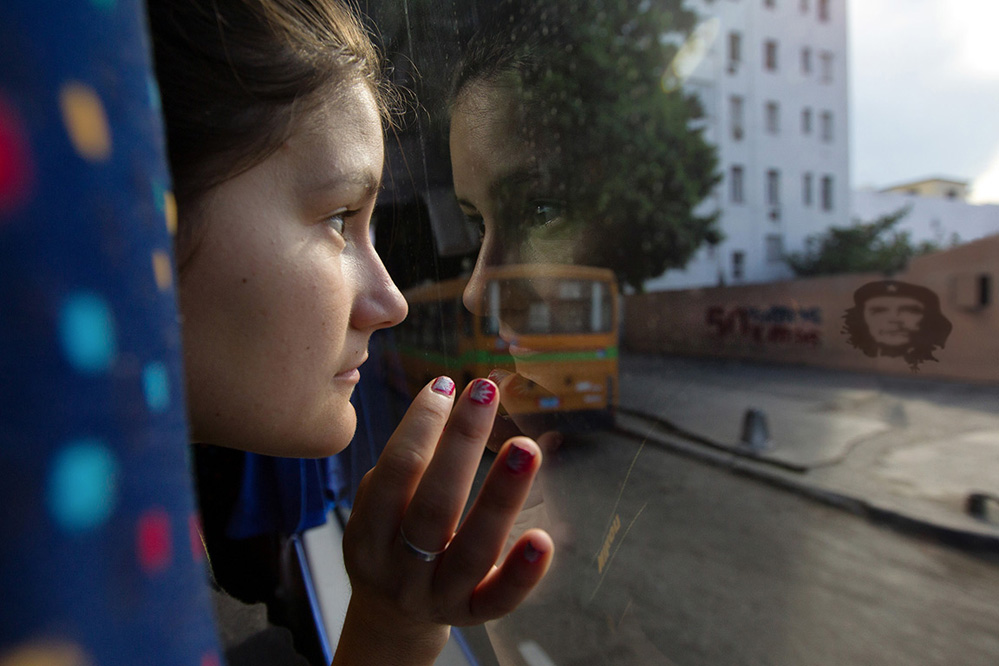
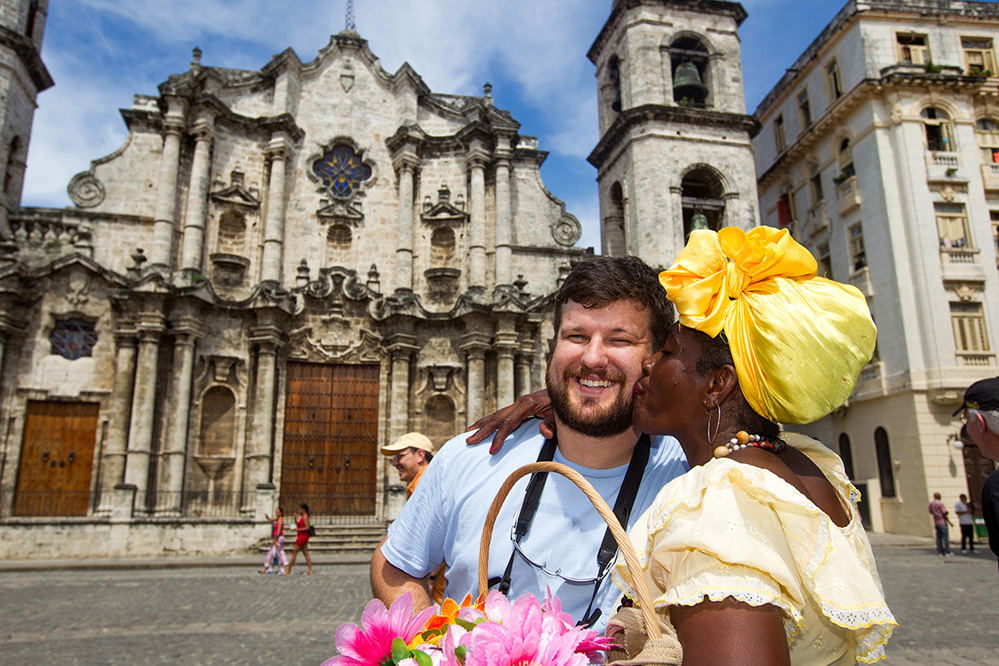
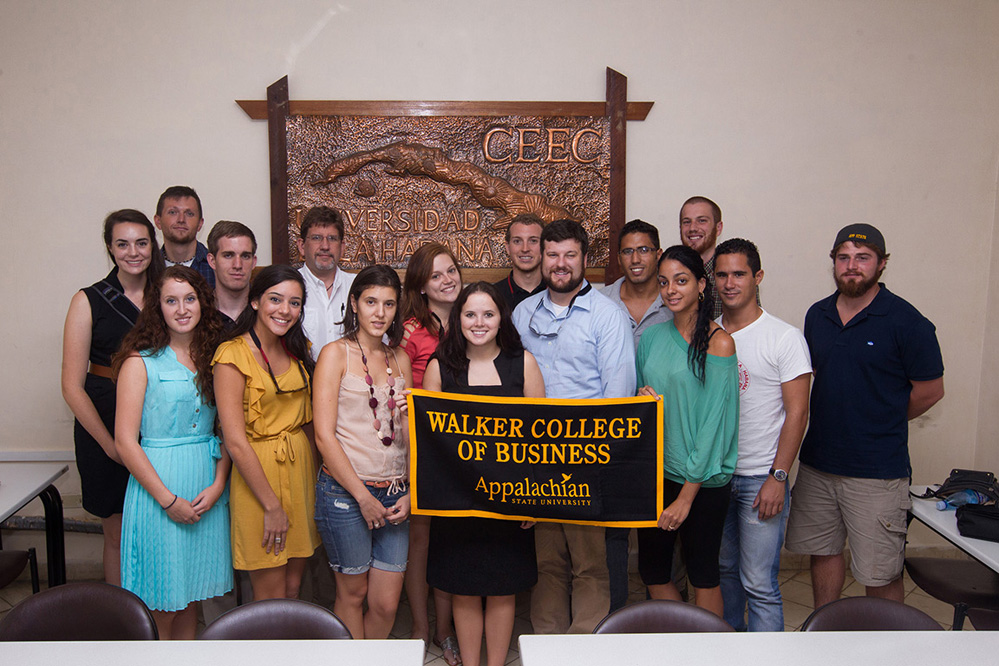
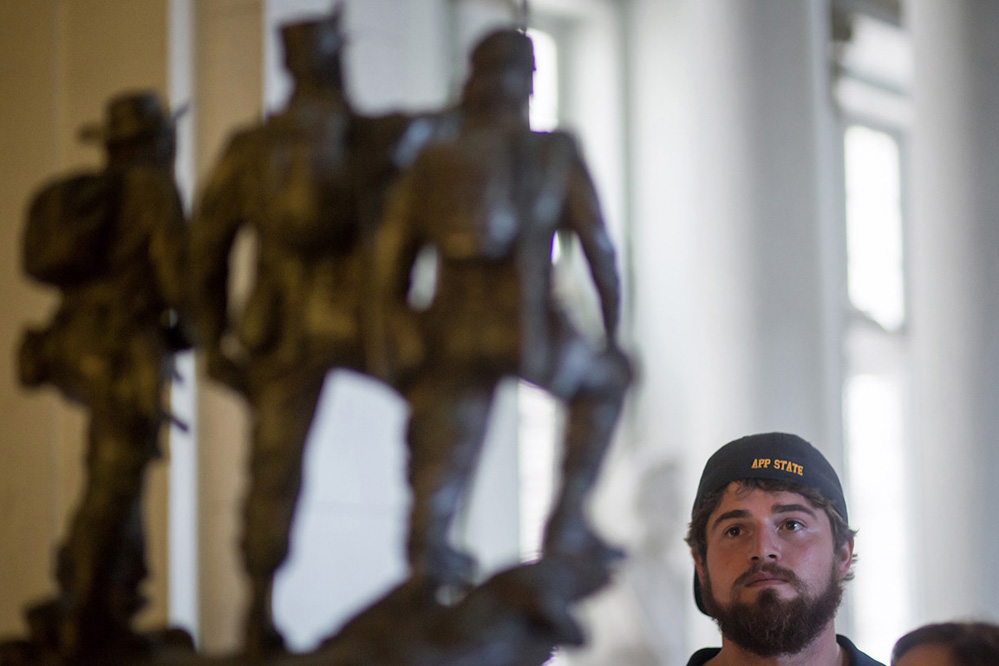
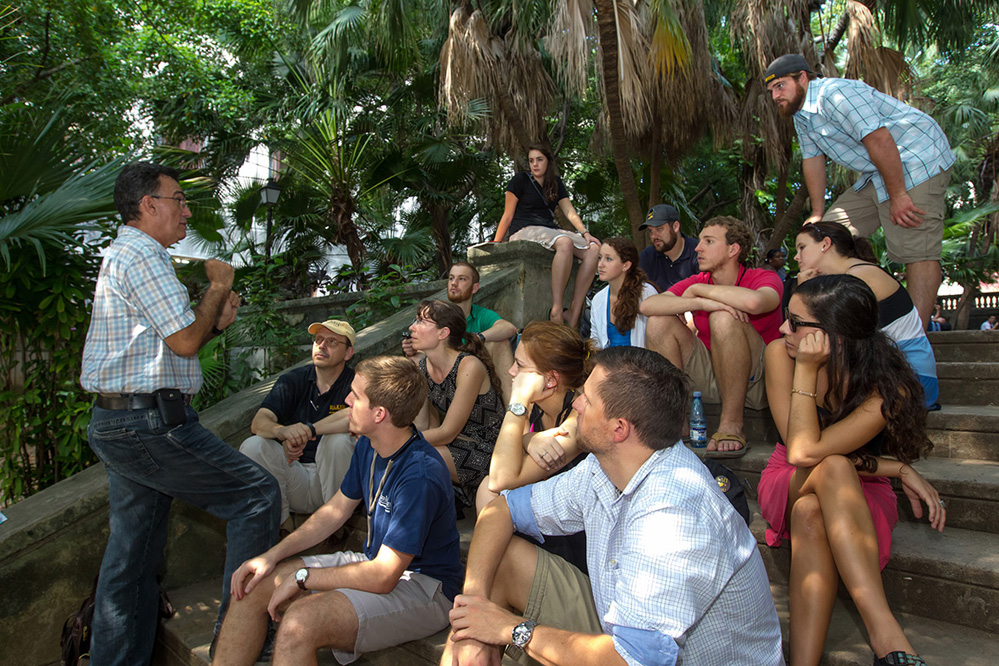
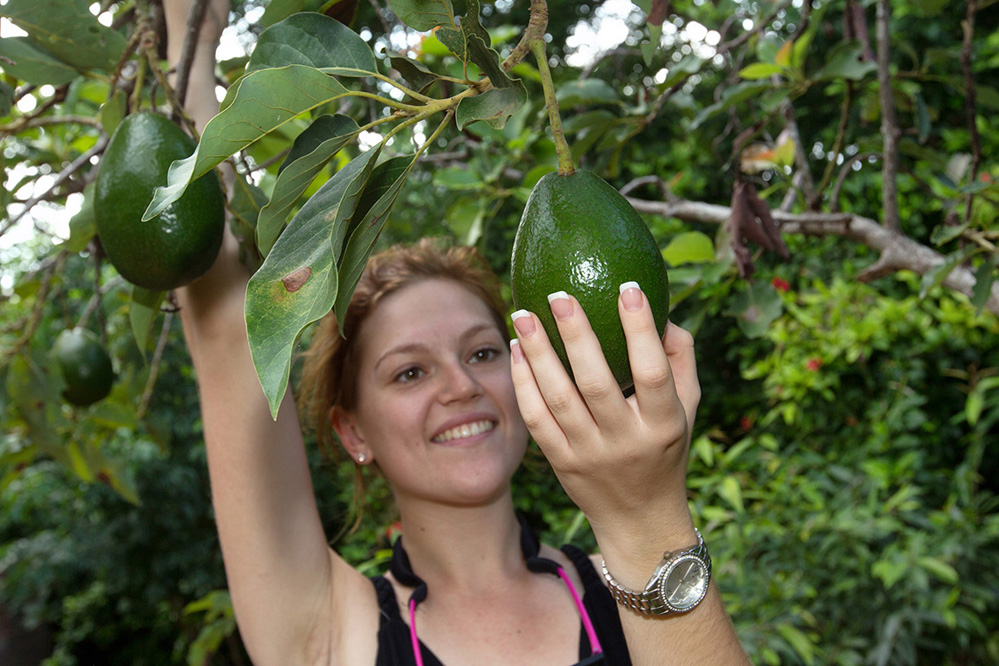
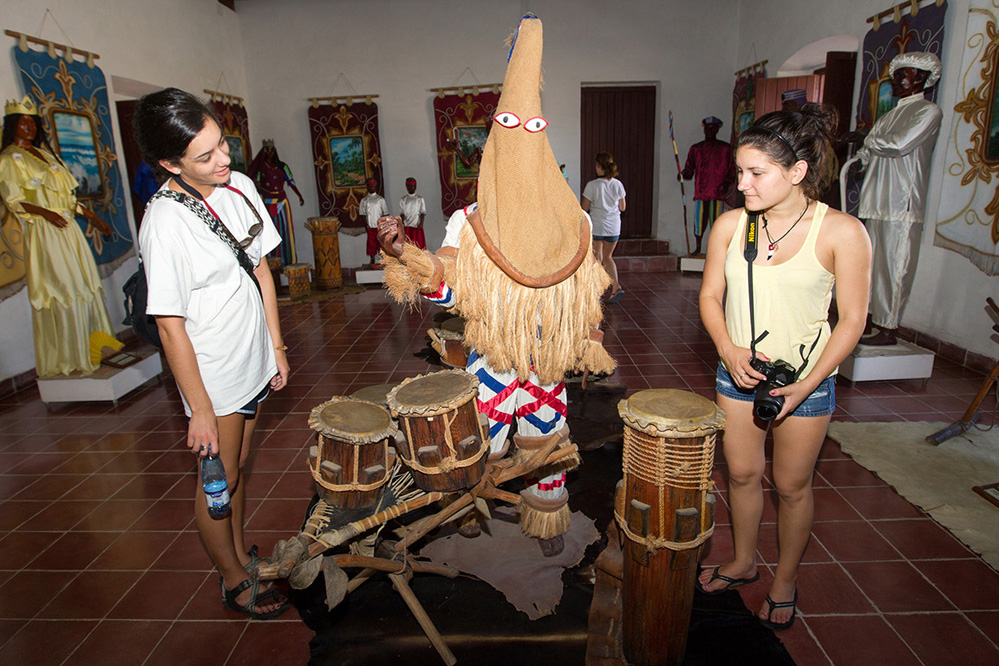
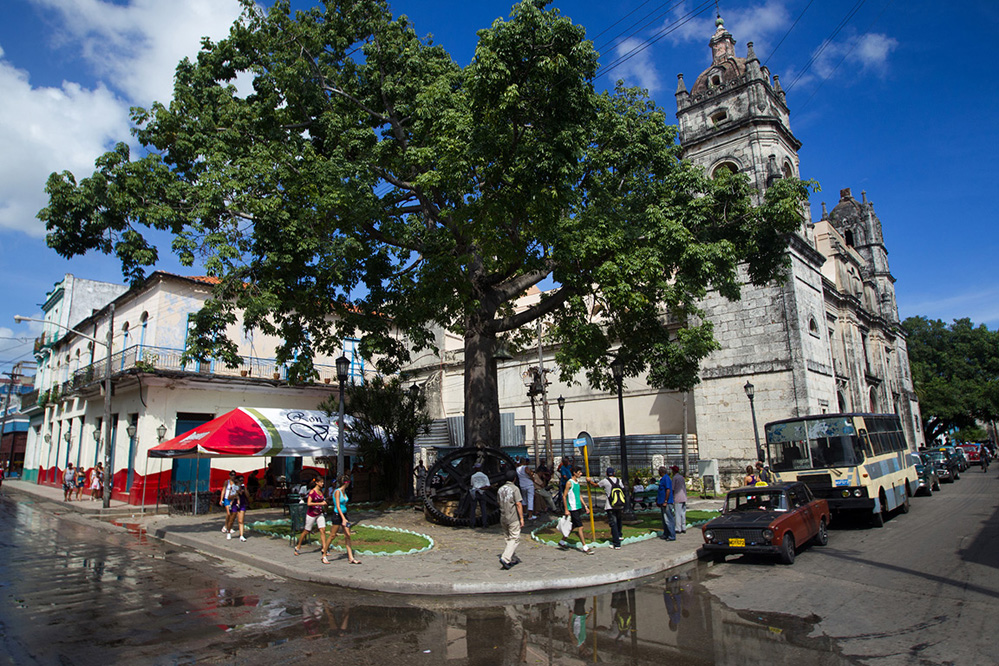
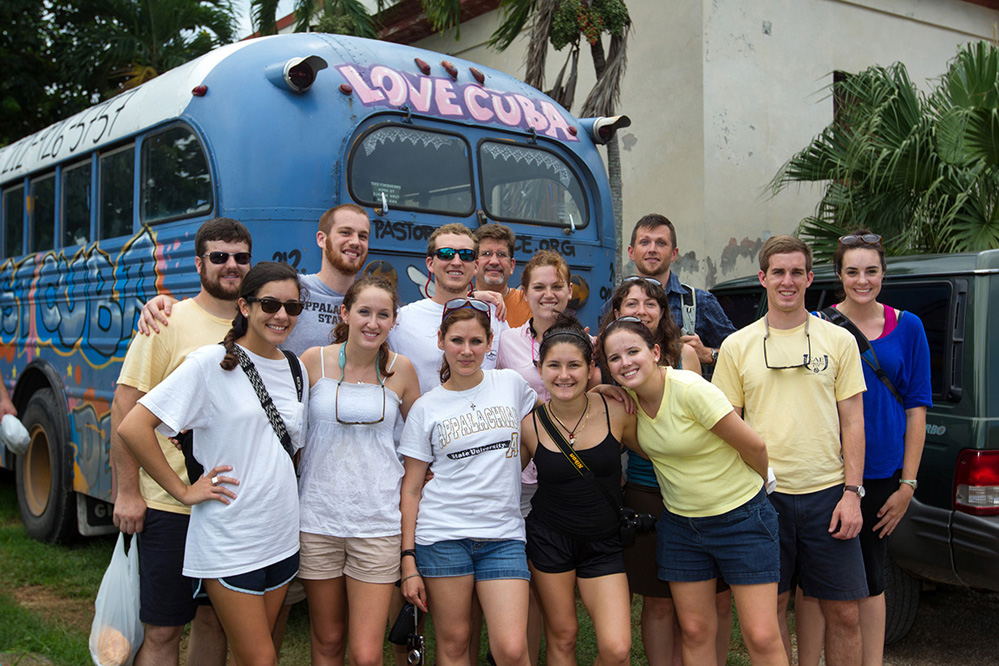
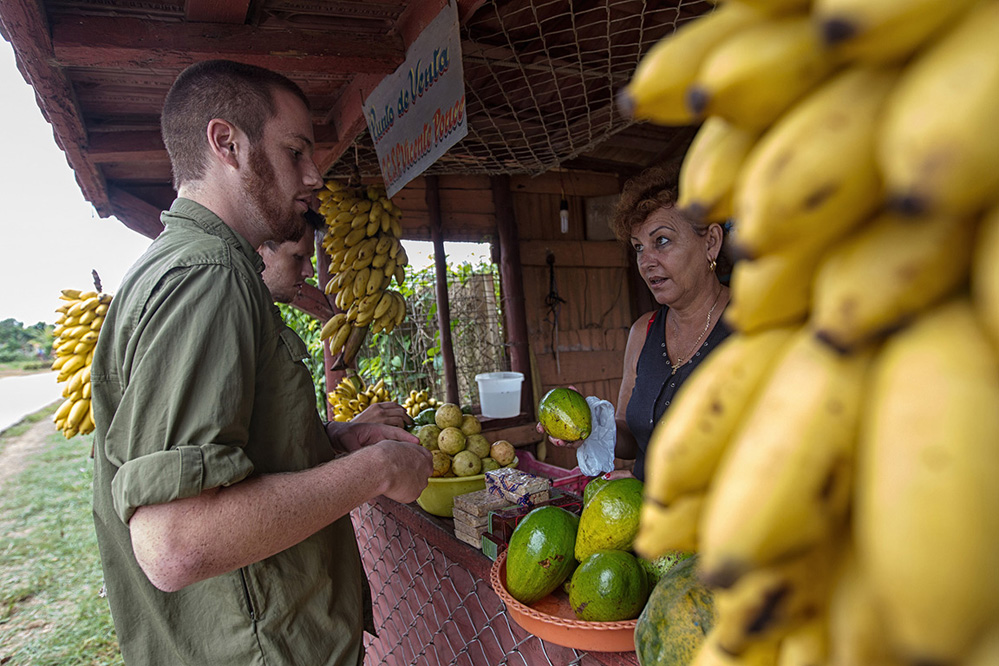
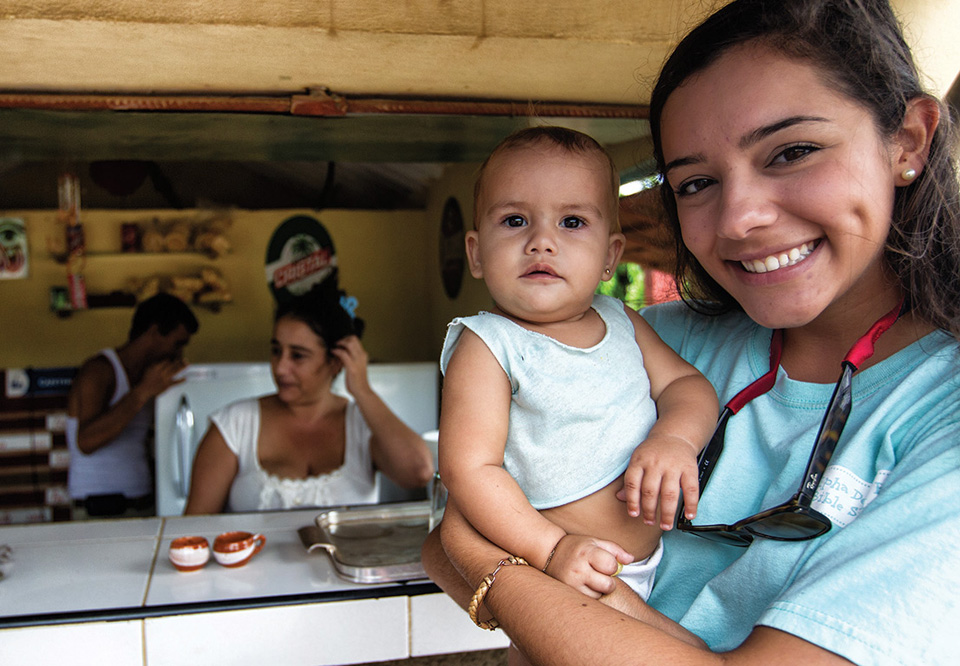
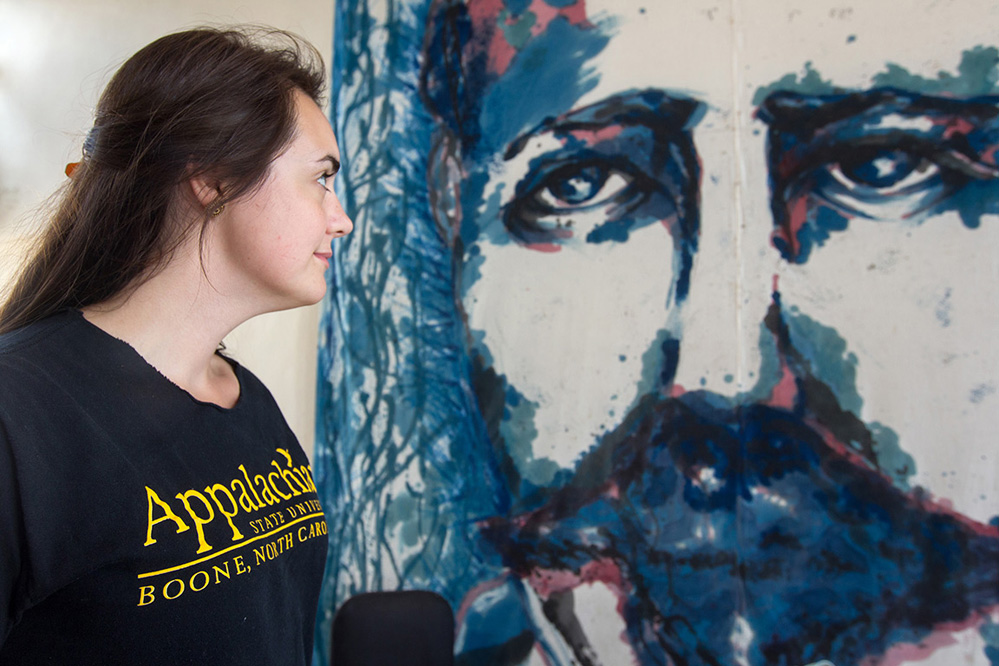
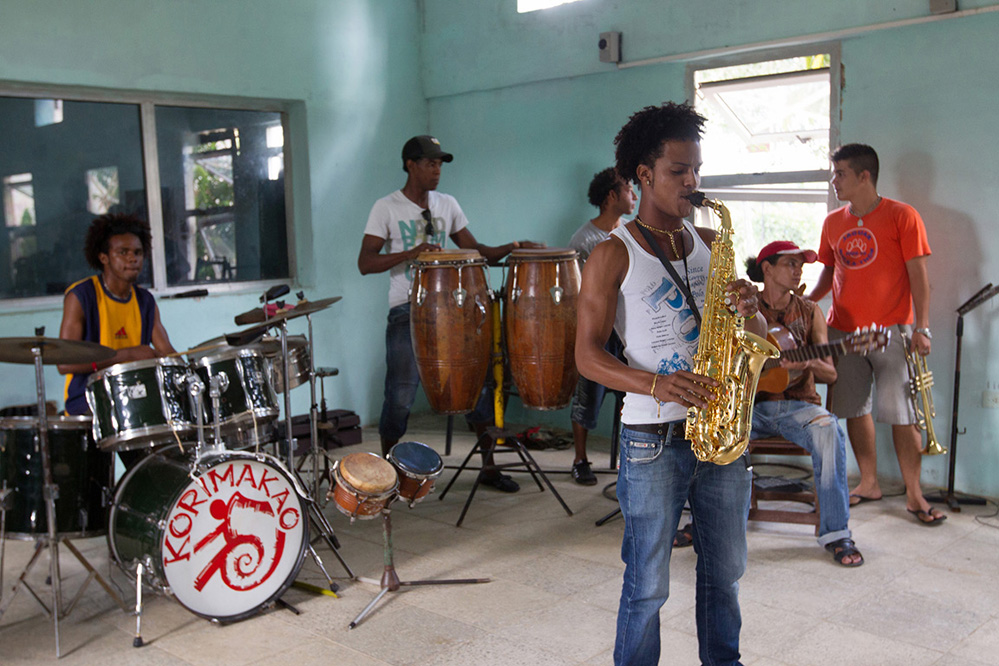
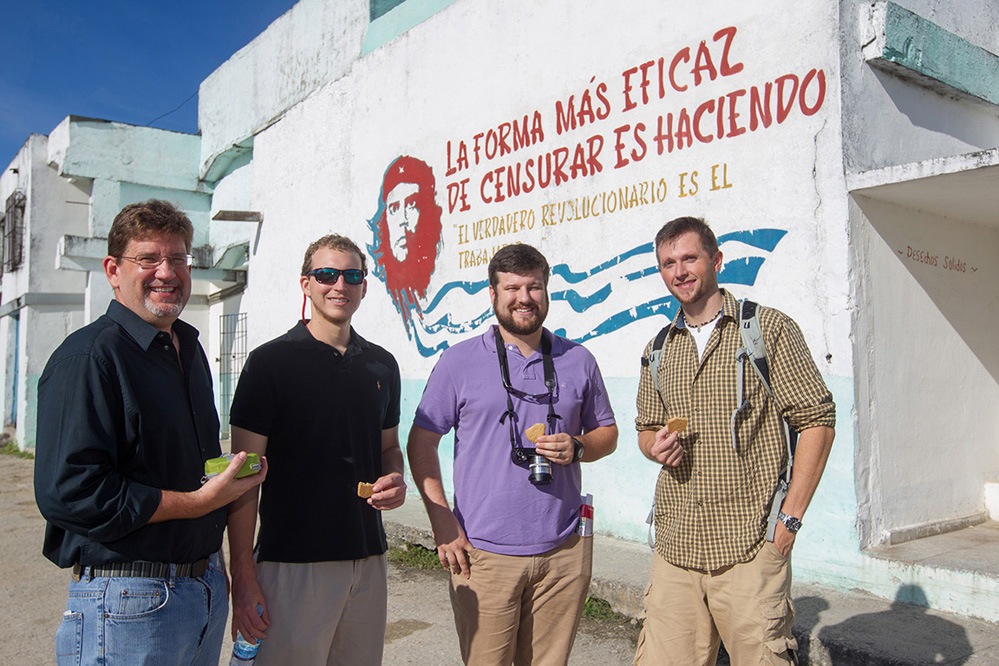
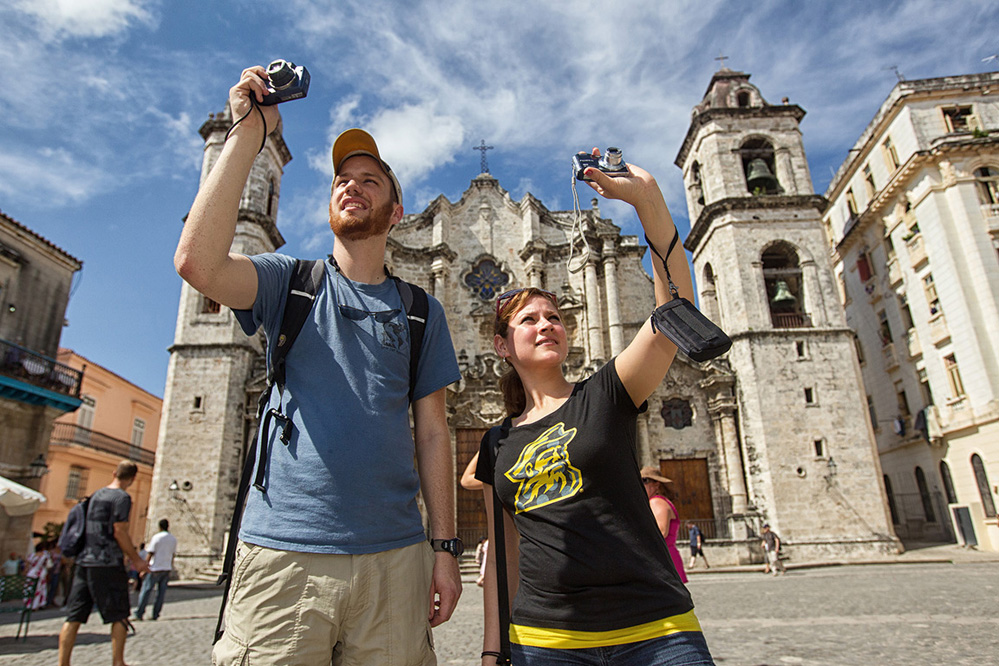
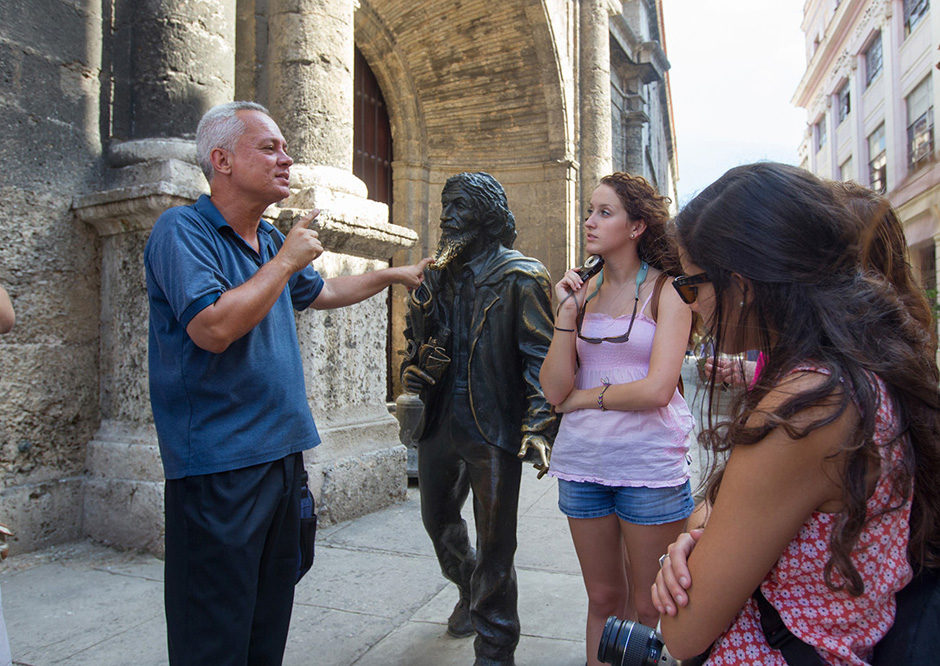
















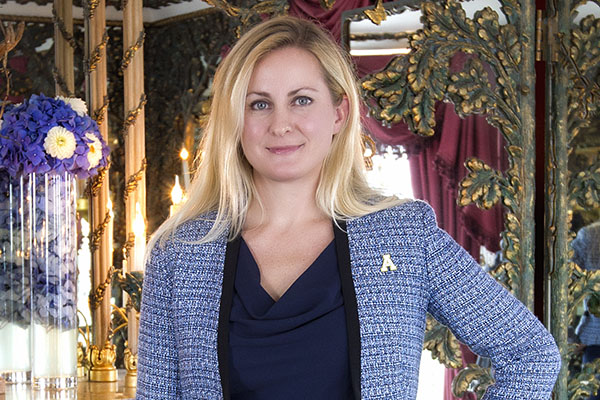
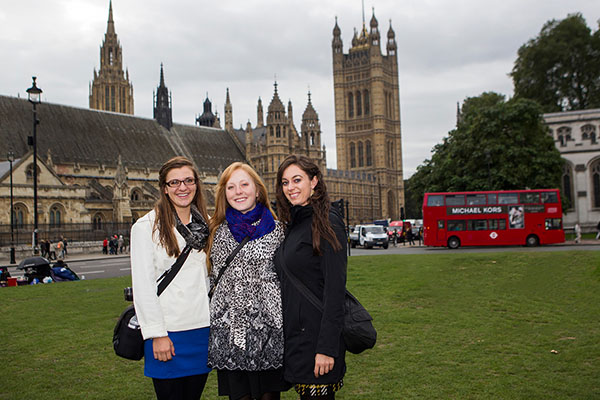
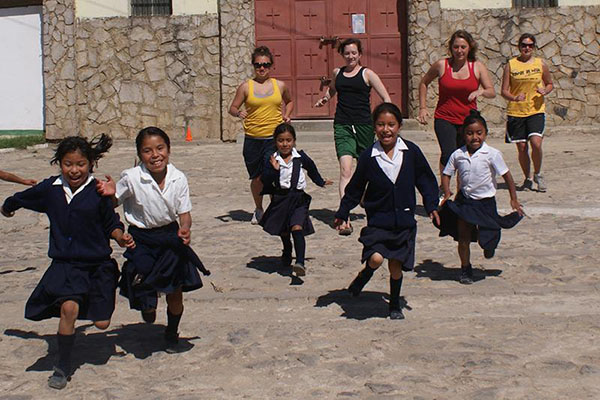



![How NCInnovation Is Rethinking Economic Development in North Carolina [faculty featured]](/_images/_posts/2026/02/rethinking-economic-development-600x400.jpg)







